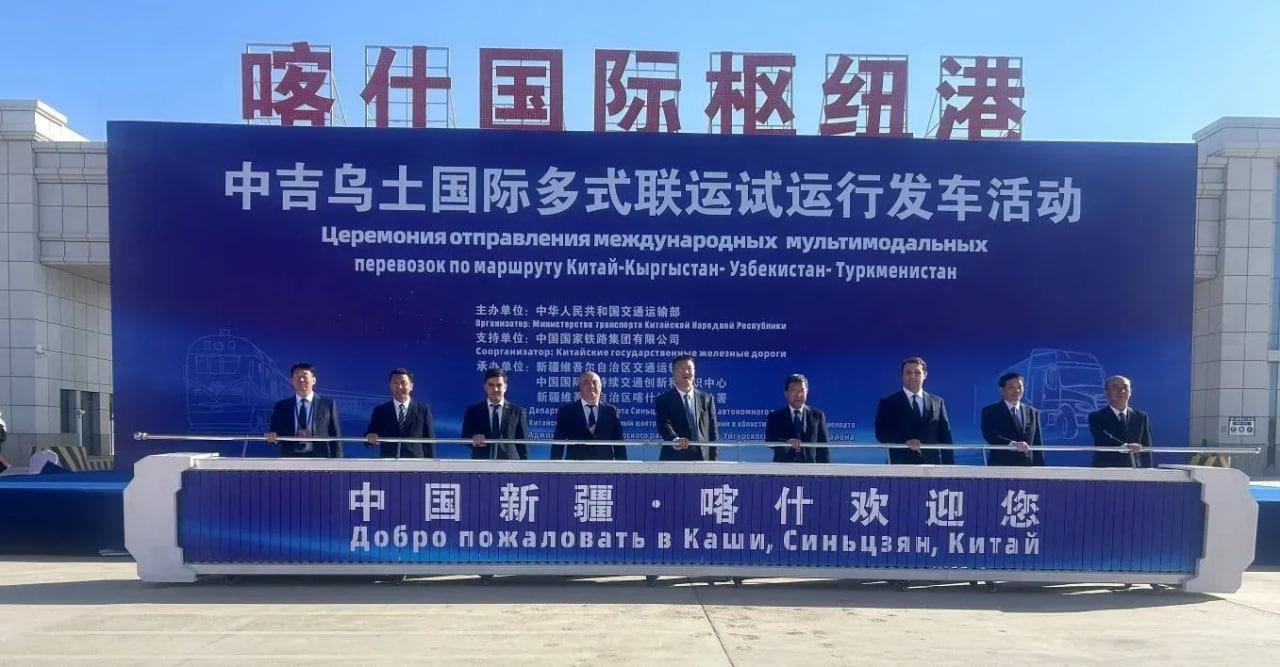BMO RIP; TAP STILLBORN
BMO RIP; TAP STILLBORN
On April 14 in Vienna, the OSCE’s Permanent Council approved a Training Assistance Program (TAP) for Georgian Border Guards to replace the OSCE’s Georgia Border Monitoring Operation (BMO). Russia had exercised its veto power to terminate the BMO as of December 31, 2004, thus removing any international presence on and reporting from the Russia-Georgia border. The move exposes Georgia to Russian threats on that border. The TAP, no substitute for the BMO, leaves Georgia to face Russia alone on the Chechen, Ingush, and Dagestani sectors of that border.
The Georgian delegation in the April 14 meeting termed the TAP “in no way an adequate replacement or serious alternative to the BMO. But, anyway, we are satisfied that the training will start immediately.” Privately, almost all delegations almost certainly share both the dismissive assessment of TAP’s worth and the sense of relief that the OSCE has after all received a symbolic make-work project in consensus with Russia. TAP’s modest scale (see below) makes it look redundant when measured against the massive U.S. and other assistance programs to Georgian border guards in recent years and in prospect.
TAP has a budget of only $2.8 million (compared to the defunct BMO’s annual $15 million), and its implementation “is to start on April 18, 2005, and last until December 31, 2005.” TAP’s prospects after that date, as well as the OSCE’s overall budget (frozen by veto-wielding Russia in 2005) and the fate of the organization itself, largely depend on Moscow’s decisions. Training will only begin following a needs-assessment and curriculum-development by a working group that has yet to be created. Thus, the actual training period will be significantly shorter than the TAP’s eight-month duration authorized thus far.
The program will employ 30 international trainers (Russians included), and will train a total of 800 Georgian border guard officers and warrant officers at four sites, the main one being Lilo near Tbilisi. Although the sites are far-flung from each other, TAP is only authorized to use a single helicopter, both for training at the sites and for transportation between the sites. TAP is only authorized to use a few scraps from what used to be the BMO’s treasure trove of modern equipment. The OSCE has already removed almost all of that equipment from the border zone, and evacuated much of it from Georgia, at Russia’s insistence. From whatever remains in storage, Russia has consented to authorize just ten imaging and infrared devices for daytime and nighttime use at the training site near Tbilisi (not anywhere near the border).
At Russia’s insistence, the OSCE has barred TAP from conducting border-monitoring activities. The OSCE’s draft decision would have authorized TAP to “cooperate with relevant regional actors” (it dared not name the United States, NATO, or the European Union); however, Russia threw that sentence out. All those meticulous restrictions on TAP’s funding, equipment, activities, and outreach, demonstrate that Russia is not interested in enhancing the effectiveness of Georgian border guards.
TAP is to be administered by the OSCE’s Mission to Georgia. Itself condemned to ineffectiveness by Russian stonewalling in the Permanent Council, that Mission must look wistfully at TAP’s one helicopter, something that the Mission never managed to obtain for its symbolic observer team in South Ossetia.
In Washington, a recent sense of the Senate resolution initiated by Senators Richard Lugar (R-IN) and Joseph Biden (D-DE) criticizes Russia for causing the BMO’s termination; reiterates disappointment with the OSCE Permanent Council’s failure to continue with the BMO despite Georgia’s request as host country; and urges the U.S. government to seek, in cooperation with European allies, an international presence on and reporting from the Chechen, Ingush, and Dagestani sectors of the Georgia-Russia border.
Russia has since 1999 sought pretexts to introduce its forces in that part of northern Georgia, ostensibly to suppress Chechen and “international terrorists” there. From 2000 to 2004, the BMO in effect stayed Russia’s hand by patrolling that border, implicitly countering Moscow’s inflammatory accusations about terrorists operating from Georgian territory. The BMO, officially a confidence-building measure, was the OSCE’s most sucessful — arguably the only successful — undertaking in the security sphere. By dictating the BMO’s termination, Russia is positioning itself to threaten Georgia from the north. Georgia’s allies need to substantiate their support for that country’s democracy by enhancing its security on that border through effective presence and objective reporting.
(OSCE Permanent Council documents, April 11-14; U.S. Senate resolution, March 10)


